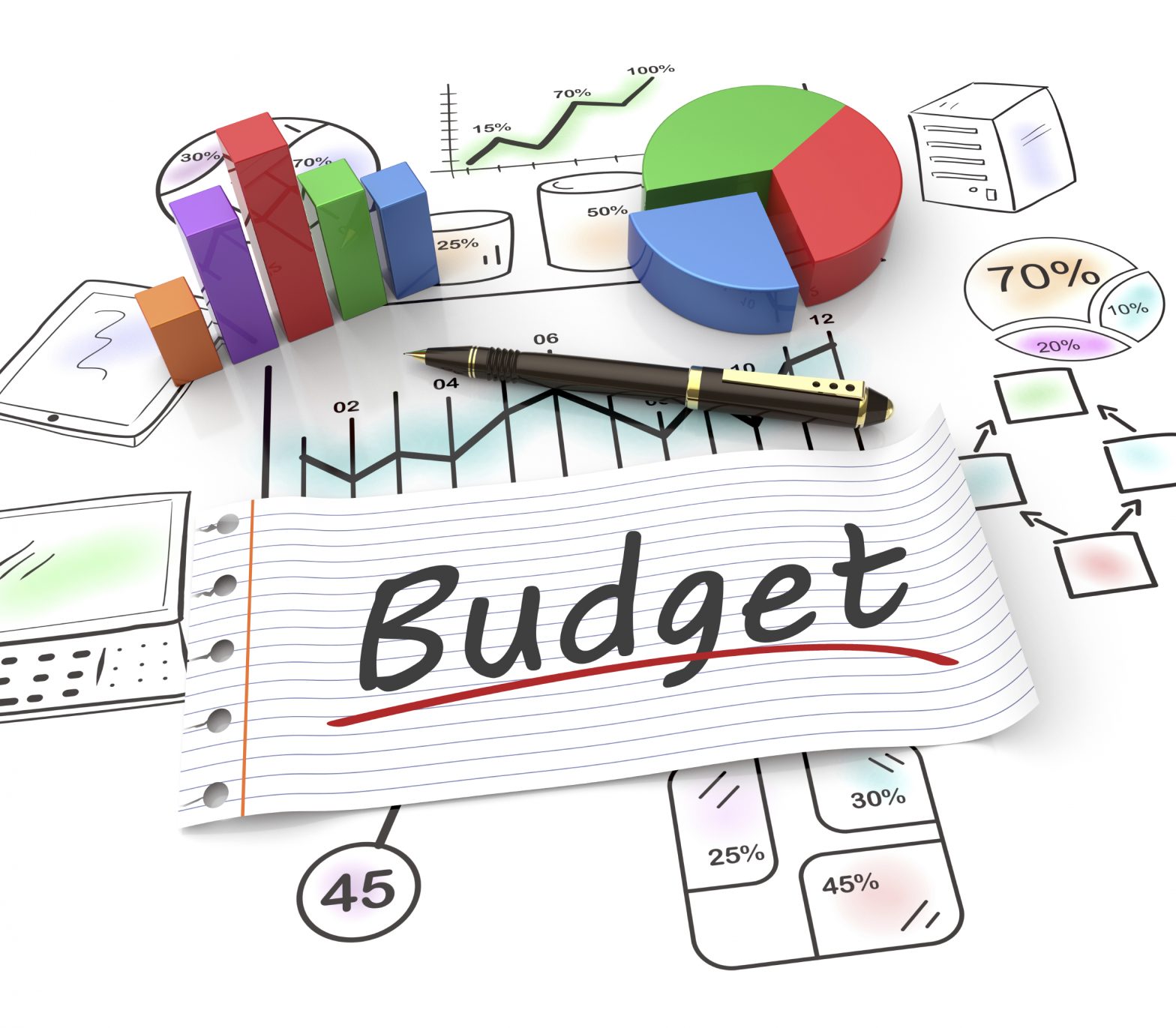Kathmandu: Economists have raised concerns and called upon the government to adopt a pragmatic approach while formulating the budget for the upcoming fiscal year.
During a ‘Pre-budget Discussion’ organized by the Management Association of Nepal, industry analysts emphasized the importance of avoiding an inflated budget and instead urged for realistic figures regarding revenue collection and economic growth.
Professor Ram Prasad Gyanwali, an economist and former head at the Central Department of Economics, TU, highlighted that inflated revenue targets and unrealistic economic growth projections could destabilize the economy.
As the Ministry of Finance gears up for drafting the budget for fiscal year 2024/25, the government faces criticism over the budget ceiling set at Rs 1.8 trillion by the National Planning Commission. For the upcoming fiscal year, Rs 436 billion has been allocated for interest payments and debt repayment. However, revenue collection estimates have been revised downwards to Rs 1.18 trillion, following a shortfall in the first half of the current fiscal year.
Despite initial projections of a six percent growth rate, the World Bank and the National Statistics Office have estimated growth rates at 3.3 percent and four percent, respectively. Gyanwali emphasized that imposing high revenue targets and ambitious growth rates could burden the private sector, hindering economic progress.
The latest report from the National Statistics Office indicates a significant shift from the agricultural sector to service-related industries, which now contribute 62.4 percent to the GDP. Gyanwali stressed the need for investment in the manufacturing sector to create employment opportunities and enhance economic growth. He also advocated for policies to utilize the skills of migrant workers effectively.
Concerns were raised regarding the accuracy of macroeconomic data, with Ishwari Prasad Bhandari, former chief statistical officer of the NSO, highlighting flaws in data processing. Gunakar Bhatta, executive director of Nepal Rastra Bank (NRB), underscored the importance of institutional reform to drive economic growth, citing examples from neighboring countries.
Neelam Dhungana, Deputy Governor of the NRB, emphasized the need to boost private sector confidence to achieve higher economic growth rates, leveraging falling interest rates and excess liquidity in banks. As the government prepares the budget, stakeholders urge for prudent fiscal policies and structural reforms to foster sustainable economic growth and address challenges effectively.
